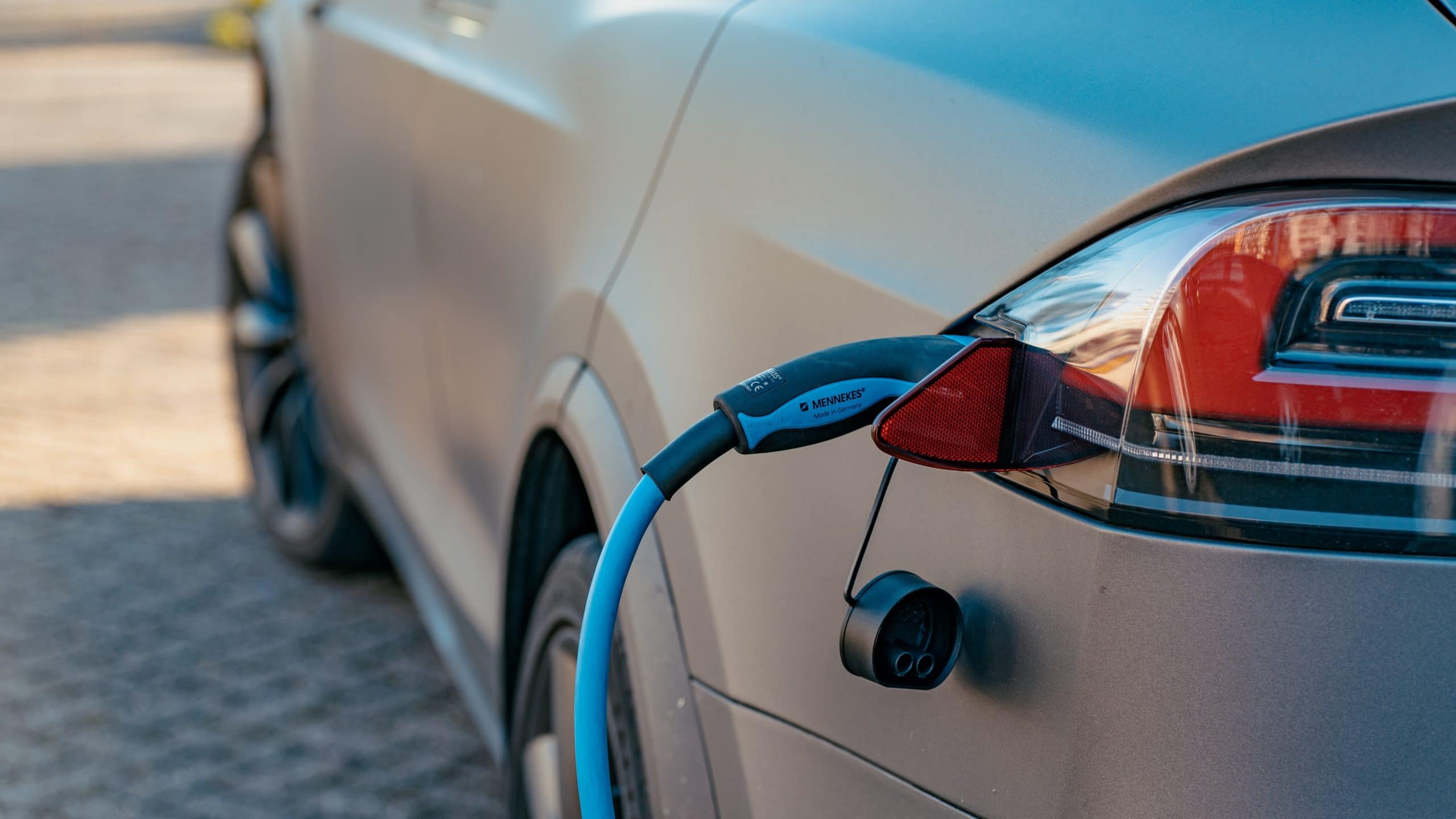In recent years, there have been growing concerns about the depletion of fossil fuels and our increasing dependence on them. India is one of the most vulnerable countries when it comes to climate-related risks. The Indian Government is cognizant of these risks and has targeted achieving complete e-mobility by 2030.
While the government has been trying to boost the sales of electric vehicles, the adoption of electric cars and two-wheelers is still far from optimum. Factors like the lack of adequate infrastructure and high prices of electric cars have prevented many people from buying them.
However, if you are planning to buy an electric vehicle, then it is important to also purchase a car insurance policy to safeguard you from accidents and other exigencies. You can choose from a range of plans available like bumper to bumper car insurance, comprehensive four-wheeler insurance, third-party car insurance, etc., from Tata AIG. Before you buy car insurance online, just visit the Tata AIG website, and compare your car insurance premiums to make the best choice.
Table of Contents
What is an Electric Car?
A conventional car uses petrol, diesel, or gas. However, an electric vehicle runs on an electric motor and does not require any additional fuel. The motor does the job of the fuel engine. You can recharge the battery and reuse it without using extra fuel. Electric cars are of three types:
- Solar-powered: where the car’s battery is recharged using solar energy
- Battery-powered: where the car is entirely powered by a rechargeable battery
- Hybrid: where the car can be powered using battery and/or internal combustion
Benefits of an Electric Car
Electric cars offer a range of benefits as described below:
- Environment-friendly: While a conventional car derives its power from internal combustion, an electric vehicle is powered by a battery. Hence, the emissions from an electric car are lower than conventional cars making them more environment-friendly.
- Cheaper to run: When you opt for an electric car, you can save up to 70-80% on fuel expenses compared to conventional cars. Also, electric cars have far lesser moving parts and are hence easier to maintain with lower maintenance bills.
- Savings: To boost the adoption of electric cars in the country, the Government has announced various benefits like lower registration fees and road tax charges for electric vehicles.
Electric Cars in India
While the sale of electric cars took off slowly, it is fast gaining momentum across India. Many renowned car manufacturers have launched electric vehicles that offer a better driving experience without compromising on the power of the vehicle. As a result, the interest in electric vehicles seems to be increasing, and many experts are confident of the fact that the future of the automotive industry in India is electric.
In 2013, the Indian Government announced an ambitious plan to increase the adoption of electric vehicles in the country. Called the National Electric Mobility Mission Plan (NEMMP), the Government has taken various measures over the years to increase the penetration of electric vehicles. In 2019, the Government announced the second phase of NEMMP to establish battery charging infrastructure across the country and encourage electric two-wheelers, buses, auto-rickshaws, and hybrid cars.
Many leading electric car manufacturers have started creating next-generation vehicles for India. The Government has also collaborated with the global giant Tesla, a leader in the electric vehicle industry, to boost the electric cars segment in the country.
What Does The Future Look Like?
While the future of electric cars looks promising, there are certain roadblocks that need resolution. Conventional cars have been around for a long time. Breaking old habits and establishing new ones can always be difficult. Hence, the government might have to take more initiatives to educate and sensitise people about the benefits of electric cars.
Further, there is a lot of room for improvement in the battery charging infrastructure in the country. While the government has already started taking steps to improve it, as the ecosystem develops, it will get easier to migrate people to e-mobility.
Summing Up
Around the world, electric vehicles have started gaining popularity due to the range of benefits offered by them. However, while the Government is trying to boost the penetration of e-mobility, its success depends on how efficiently it can create an ecosystem conducive to electric vehicles in the country. It is also essential to buy car insurance to secure your four-wheeler while on the roads in the country.

